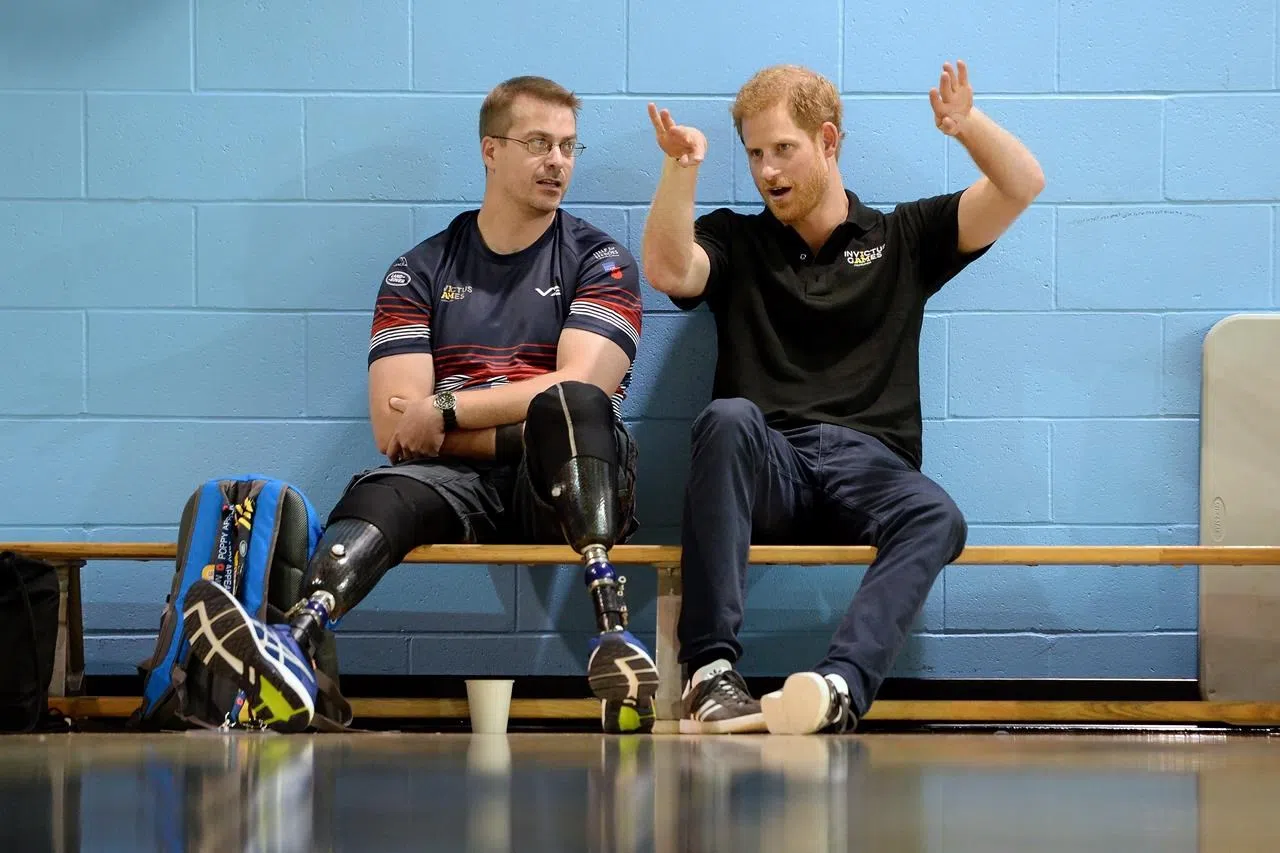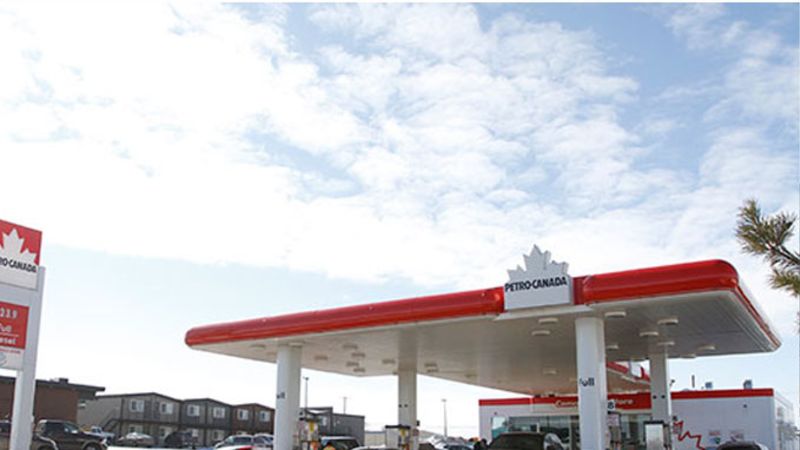
The Friday news briefing: An at-a-glance survey of some top stories
Highlights from the news file for Friday, Sept. 22
———
PROVINCES CHALLENGE FEDS’ TAX REFORM: Provincial pressure is intensifying against the Trudeau government’s controversial tax-reform proposals, which have angered business owners, doctors and farmers across Canada. On Friday, provincial leaders representing different political stripes spoke out about tax reforms recommended by Ottawa’s Liberal government. Manitoba Premier Brian Pallister, flanked by business owners and a farmer, held an afternoon event in Winnipeg where he aired his frustration over the federal tax proposals. On the East Coast, Nova Scotia Premier Stephen McNeil expressed concern that the changes could hurt his province’s physician recruitment efforts and hamper the ability of small businesses to create financial cushions as protection during downturns. Out west, British Columbia Finance Minister Carole James said she didn’t think Ottawa had consulted enough on an issue that has spread fears of the “unintended consequences” on small business owners. The comments by the provincial leaders added to waves of complaints that have come from a range of sectors — as well as backbench Liberal MPs. Newfoundland and Labrador Premier Dwight Ball has also said he thinks the tax changes would hurt his province. At issue are Ottawa’s plans to eliminate several tax incentives designed for private corporations.
———


